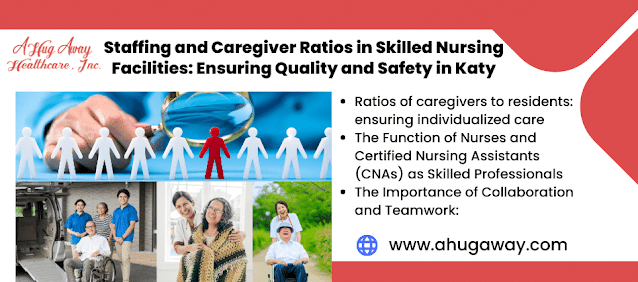The Vital Role of Trust in Home Health Care Nursing: Building Bridges of Care
In home health care, where personalized support and compassionate care are paramount, trust between home health care nurses and their patients forms the cornerstone of effective care delivery. This blog delves into the significance of building rapport and trust in fostering positive patient outcomes and enhancing the overall quality of care.
The Importance of Rapport in Home Health Care:
Rapport refers to the harmonious relationship and mutual understanding between nurses and their patients. In-home health care, where patients often face unique challenges and vulnerabilities, establishing trust is essential for ensuring comfort, safety, and well-being. Here are some key reasons why rapport-building is crucial:
- Enhanced Communication: Trust fosters open and honest communication between
home health care nurses and patients, enabling them to express their
concerns, preferences, and needs freely.
- Personalized Care:
By building rapport, nurses gain insight into patients' lifestyles,
values, and preferences, allowing them to tailor care plans that align
with their needs and goals.
- Empowerment and Engagement: When patients feel heard, respected, and valued, they
are more likely to actively participate in their care and make informed
decisions about their health.
- Emotional Support:
Building trust creates a supportive environment where patients feel
comfortable sharing their emotions and vulnerabilities, facilitating
emotional healing and resilience.
Strategies for
Building Rapport:
- Active Listening:
Home health care nurses should practice active listening, demonstrating
empathy, understanding, and attentiveness to patients' concerns and
preferences.
- Respect and Dignity:
Nurses should treat patients with respect, dignity, and cultural
sensitivity, honoring their autonomy and individuality.
- Consistency and Reliability: Consistent and reliable care builds confidence and
trust in patients, reassuring them that they can rely on their nurse for
support and assistance.
- Transparency and Honesty: Nurses should communicate openly and honestly with
patients, clearly explaining care plans, procedures, and expectations.
- Compassion and Empathy: Compassion and empathy are foundational to building
rapport, as they convey warmth, care, and understanding toward patients'
experiences and emotions.
Conclusion:
In-home health care nursing, trust and rapport between nurses and patients are
paramount for delivering high-quality, patient-centered care. Home health care
nurses can build meaningful connections that promote positive patient outcomes
and enhance overall well-being by fostering open communication, respecting
patients' autonomy, and demonstrating empathy and compassion.
Experience
Trustworthy Care with A Hug Away Healthcare Inc.:
At
A Hug Away Healthcare Inc., we understand the importance of trust and rapport
in home healthcare nursing. Our team of dedicated home health care nurses in Houston is committed to building
meaningful relationships with our patients, providing compassionate,
personalized care that meets their unique needs and preferences. Contact us
today!




Comments
Post a Comment